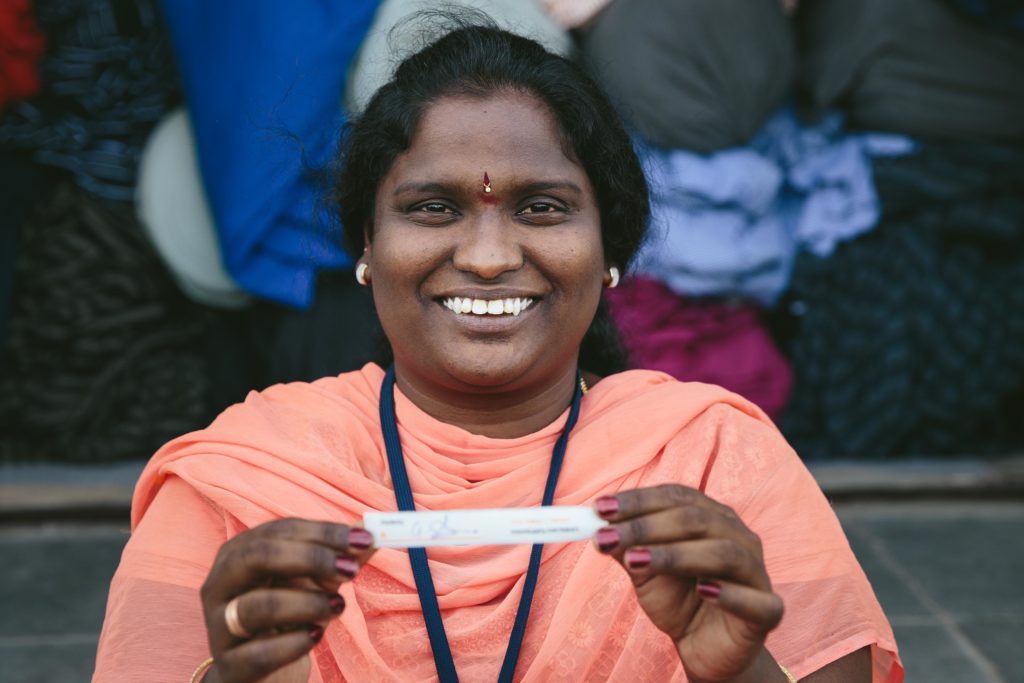Plainly Put, Talk Is Cheap
There has been a growing demand from thoughtful shoppers (aka YOU) to know more about where their clothing is coming from and what it’s made of. This conversation has grown exponentially over the past 5 years and one group has played a major role in advancing the global movement — Fashion Revolution.
In 2013, the darkness of the fashion industry was exposed when the Rana Plaza clothing factory in Bangladesh collapsed, killing 1,134 people. In the wake of this horrific event Fashion Revolution was born as an effort to continue drawing awareness to the plight of garment makers and to call attention to this event so the industry may learn from it.
Every year during the third week of April, Fashion Revolution Week takes place and shoppers are encouraged to ask #WhoMadeMyClothes? to the brands they wear.
Change still isn’t happening fast enough…
Seven years after this horrible incident took place, it’s hard to say what has really changed about the fashion industry. Don’t get me wrong… I think the advocacy and awareness is an important component to a larger puzzle, but we need people to stop talking and start DOING.
Brands need to realize the responsibility they hold to support the supply chains they utilize and the humans who make their products come to life.
Shoppers need to close the gap between the intentions they express to avoid fast fashion and the questionable brands they buy from in order to seek out more sustainable options.
Companies need to see their apparel — uniforms, merchandise, etc. — as an extension of their value system and not some cheap swag to fill a gift bag.
This is being written on Earth Day, a day when everyone focuses on the environment and far too many forget about the human costs of our actions. Why should we care about the environment? Because we want a place for ourselves and our grandchildren to live.
Why should we care about our clothing? Because we want to be able to wear clothes and have skilled makers around to produce the items we wear.
In our view, everything comes back to one core concept, and that is we as HUMANITY are dependent upon one another for our wellbeing and survival. During the circumstances of our current global pandemic, this concept is more palpable than ever before.




LEAVE A COMMENT Your email address won't be seen